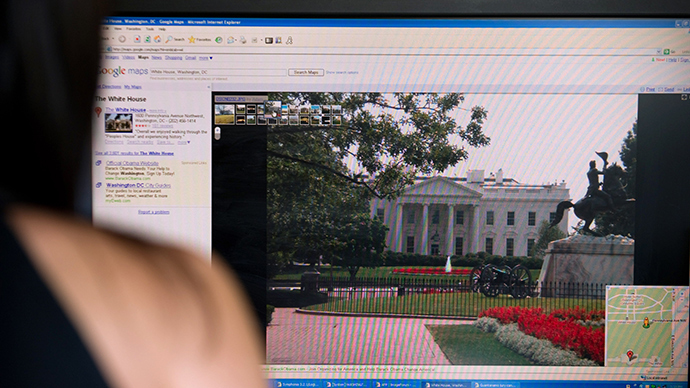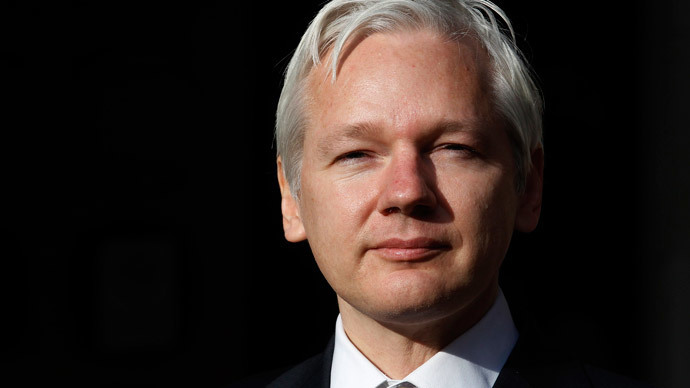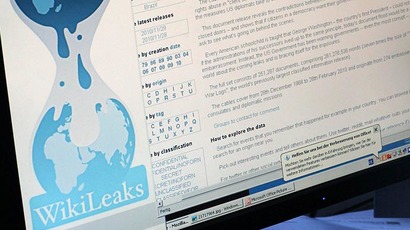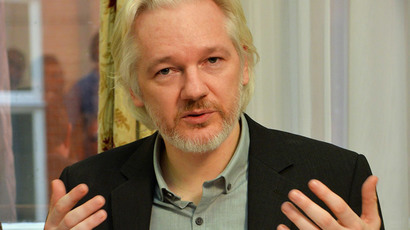'Google grown big & bad': Assange reveals company & its founder's links to US govt

One of the world's largest internet companies, Google 'should be a serious concern' internationally, WikiLeaks co-founder and Editor-in-chief Julian Assange says, revealing its connections and donations to the White House.
"Google is steadily becoming the Internet for many people. Its influence on the choices and behavior of the totality of individual human beings translates to real power to influence the course of history," Assange writes in his article, an extract from which is published in Newsweek.
Based on Assange's personal encounter with Google's chairman Eric Schmidt, the story of the corporation's connections with the US government is intertwined with Schmidt's personality.

Graduating with a degree in engineering from Princeton, Schmidt joined Sun Microsystems, a company that sold computers and software, in 1983, and over the years had become part of its executive leadership.
"Sun had significant contracts with the US government, but it was not until he was in Utah as CEO of Novell that records show Schmidt strategically engaging Washington’s overt political class," Assange writes.
Referring to federal campaign finance records, Assange says "two lots of $1,000" to a Utah senator in 1999 was the future Google CEO’s first donation, with "over a dozen other politicians and PACs, including Al Gore, George W. Bush, Dianne Feinstein, and Hillary Clinton...on the Schmidt’s payroll" in the following years.
Ahead of his interview with Google executive chairman in 2011, Assange was "too eager to see a politically unambitious Silicon Valley engineer, a relic of the good old days of computer science graduate culture on the West Coast," but says Schmidt "who pays regular visits to the White House" is not the type.
When visiting Assange, who was living under house arrest in England at the time, to quiz him "on the organizational and technological underpinnings of WikiLeaks," Eric Schmidt was accompanied by Jared Cohen, the Director of Google Ideas, who also works for the Council on Foreign Relations, a think tank specializing in US foreign policy.

While describing Schmidt's politics as "surprisingly conventional, even banal," Assange says the man behind Google "was at his best when he was speaking (perhaps without realizing it) as an engineer."
Talking about Cohen, the WikiLeaks co-founder names him "Google’s director of regime change."
According to Assange's research, "he was trying to plant his fingerprints on some of the major historical events in the contemporary Middle East," including his interference with US politics in Afghanistan and Lebanon.
"Nobody wants to acknowledge that Google has grown big and bad. But it has," Assange says, providing not only data on its direct connections with the White House, but also remembering the PRISM program scandal, when the company was "caught red-handed making petabytes of personal data available to the US intelligence community."
Google is "luring people into its services trap," and "if the future of the Internet is to be Google, that should be of serious concern to people all over the world," Assange concludes.














